Recreational therapy is a powerful yet underutilized approach to improving mental health and well-being. By using purposeful activities such as sports, arts, outdoor adventures, and social interactions, recreational therapy helps individuals develop coping skills, build resilience, and enhance their overall quality of life. This holistic approach recognizes the therapeutic value of leisure and recreation in promoting mental, emotional, and social health.
Recreational therapy connects people with meaningful activities that restore balance and joy in their lives. It’s not just about having fun; it’s about rebuilding a sense of purpose and connection.
Dr Joan
Summary
This blog explores how recreational therapy programs address mental health issues by combining purposeful activities with therapeutic goals. It highlights the benefits of art therapy, music therapy, physical activities, and more in fostering resilience, reducing stress, and promoting overall well-being. With insights from Dr. Joan, the blog underscores the importance of holistic mental health care.
What is Recreational Therapy?
Recreational therapy, also known as therapeutic recreation, is a structured intervention that uses recreational activities to improve physical, emotional, and mental health. It is led by trained professionals who tailor programs to meet the unique needs of individuals, helping them achieve specific therapeutic goals.
Objectives of Recreational Therapy:
Improved Emotional Health: Reduce symptoms of anxiety, depression, and stress.
Enhanced Social Connections: Foster healthy relationships and communication skills.
Physical Health Benefits: Promote physical activity to boost overall well-being.
Skill Development: Teach coping mechanisms, problem-solving, and decision-making skills.
You may also read: How Depression Counselling Can Prevent Long-Term Mental Health Issues
Overview of Recreational Therapy Programs
Recreational therapy programs are structured interventions that use engaging and enjoyable activities to improve the physical, emotional, cognitive, and social well-being of individuals. These programs are designed to help people overcome challenges associated with disabilities, injuries, illnesses, or mental health conditions by promoting recovery, rehabilitation, and overall quality of life.
The Science Behind Recreational Therapy
Research shows that engaging in recreational activities stimulates the release of endorphins, the body’s natural mood elevators. These activities also encourage mindfulness, reduce cortisol levels (the stress hormone), and promote neuroplasticity, helping the brain rewire itself for healthier thought patterns.
According to the Canadian Mental Health Association (CMHA), physical activity and leisure are critical for maintaining mental health, with studies showing a 20-30% reduction in symptoms of depression and anxiety among participants in structured recreational programs (Source).
How Recreational Therapy Programs Addresses Mental Health Issues
1. Reducing Stress and Anxiety
Recreational therapy provides a healthy outlet for stress, helping individuals focus on the present moment and engage in activities that bring joy and relaxation. Mindfulness-based activities such as yoga, meditation, and nature walks are particularly effective in reducing anxiety.
Example:
A group nature hike can help individuals disconnect from daily stressors, engage their senses, and practice mindfulness in a supportive environment.
2. Alleviating Symptoms of Depression
Engaging in meaningful activities combats the inactivity and isolation often associated with depression. Recreational therapy fosters a sense of accomplishment, purpose, and hope.
Example:
Art therapy encourages self-expression and can help individuals process complex emotions, boosting self-esteem and mood
3. Building Social Connections
Many recreational therapy programs are group-based, creating opportunities for individuals to interact, share experiences, and build supportive relationships. This is especially important for individuals who feel isolated due to mental health challenges.
Example:
Team sports or group dance classes promote camaraderie, reduce loneliness, and build a sense of belonging.
4. Enhancing Emotional Regulation
Recreational activities that require focus and skill development, such as gardening or playing a musical instrument, teach patience, emotional control, and perseverance.
Example:
Learning to play a musical instrument can provide a constructive way to channel emotions and develop self-discipline.
5. Promoting Physical Health
Physical activity is a cornerstone of recreational therapy. Exercise not only improves physical health but also boosts mood and reduces symptoms of anxiety and depression.
Example:
Swimming, cycling, or yoga can help individuals experience the mental health benefits of endorphin release while improving physical fitness.
6. Fostering Resilience
Recreational therapy encourages individuals to step out of their comfort zones, try new activities, and build self-confidence. These experiences promote resilience and a sense of empowerment.
Example:
An outdoor adventure program like rock climbing or kayaking challenges participants to overcome fears and build self-reliance.
You may also read: Effective Therapies for Trauma: A Comprehensive Guide
5 Types of Recreational Therapy Programs
1. Art Therapy
Focuses on self-expression and emotional healing through drawing, painting, sculpting, or other creative activities.
Benefits: Reduces anxiety, improves self-esteem, and encourages emotional processing.
2. Music Therapy
Uses music-making, listening, or songwriting to promote relaxation and self-expression.
Benefits: Enhances emotional regulation and reduces symptoms of PTSD or anxiety.
3. Animal-Assisted Therapy
Incorporates interactions with trained therapy animals to reduce stress and build trust.
Benefits: Increases oxytocin levels, fostering feelings of calm and connection.
4. Adventure Therapy
Combines outdoor activities like hiking, camping, or kayaking with therapeutic goals.
Benefits: Builds resilience, encourages teamwork, and enhances self-confidence.
5. Sports and Physical Activity Programs
Includes structured activities such as team sports, swimming, or yoga.
Benefits: Boosts physical fitness, improves mood, and fosters social interaction.
Who Can Benefit from Recreational Therapy Programs?
Recreational therapy programs cater to diverse populations, including:
Individuals with Physical Disabilities: Supporting rehabilitation from injuries, surgeries, or chronic conditions.
Mental Health Patients: Addressing conditions like anxiety, depression, PTSD, and more.
Elderly Individuals: Enhancing mobility, social interaction, and cognitive function in aging populations.
Children with Developmental Disorders: Providing structured activities for individuals with autism, ADHD, or learning disabilities.
Substance Abuse Recovery Patients: Promoting healthy coping mechanisms and emotional healing.
Where are Recreational Therapy Programs Offered?
Hospitals and rehabilitation centers.
Nursing homes and assisted living facilities.
Community recreation centers.
Schools and special education programs.
Substance abuse and mental health facilities.
The Role of Recreational Therapists
Recreational therapists are trained professionals who design and implement therapeutic programs tailored to individual needs. They assess a participant’s physical and mental health, interests, and goals, ensuring that each activity aligns with their therapeutic objectives.
Key Responsibilities of Recreational Therapists:
Develop individualized treatment plans.
Facilitate group or one-on-one sessions.
Monitor progress and adjust programs as needed.
Advocate for the integration of recreational therapy into broader mental health care plans.
Recreational Therapy in Canada
Recreational therapy is increasingly recognized as a valuable component of mental health care in Canada. Many hospitals, community centres, and mental health organizations offer therapeutic recreation programs.
The Canadian Institute for Health Information (CIHI) highlights that integrated mental health programs, including recreational therapy, reduce hospital readmissions by 25%, demonstrating their effectiveness in long-term recovery (Source).
FAQs About Recreational Therapy Programs
1. Who can benefit from recreational therapy?
Recreational therapy is suitable for individuals of all ages facing a range of mental health challenges, including anxiety, depression, PTSD, and addiction recovery.
2. Is recreational therapy evidence-based?
Yes, recreational therapy is grounded in scientific research that demonstrates its positive effects on mental and physical health.
3. Do I need a referral for recreational therapy?
While some programs require a referral from a healthcare provider, many community-based programs are open to the public.
4. Can recreational therapy be combined with other treatments?
Absolutely. Recreational therapy complements other therapeutic approaches, such as counselling, medication, or trauma-focused therapy.
5. Is recreational therapy covered by insurance in Canada?
Coverage varies depending on the program and insurance provider. Some extended health benefits or community programs may offer partial or full coverage.
The Bottom Line
Recreational therapy is a transformative approach to addressing mental health issues, offering individuals meaningful ways to heal, connect, and grow. By integrating enjoyable and purposeful activities into mental health care, it fosters resilience, builds social connections, and improves overall well-being.
Dr. Joan emphasizes:
“Recreational therapy reminds us that healing doesn’t have to be clinical or isolating. Through creativity, movement, and connection, people rediscover their capacity for joy and recovery.”
Words From Becoming Institute
If you’re passionate about helping others heal through innovative approaches, consider exploring opportunities in trauma recovery. Visit the Becoming Institute, a trusted Trauma Training Institute, to learn more about their Trauma Recovery Program. Enroll Now to make a meaningful difference in mental health care.
Related Posts: Is Psychotherapy Right for You?
Read More: Blogs Related to Trauma and Therapy




